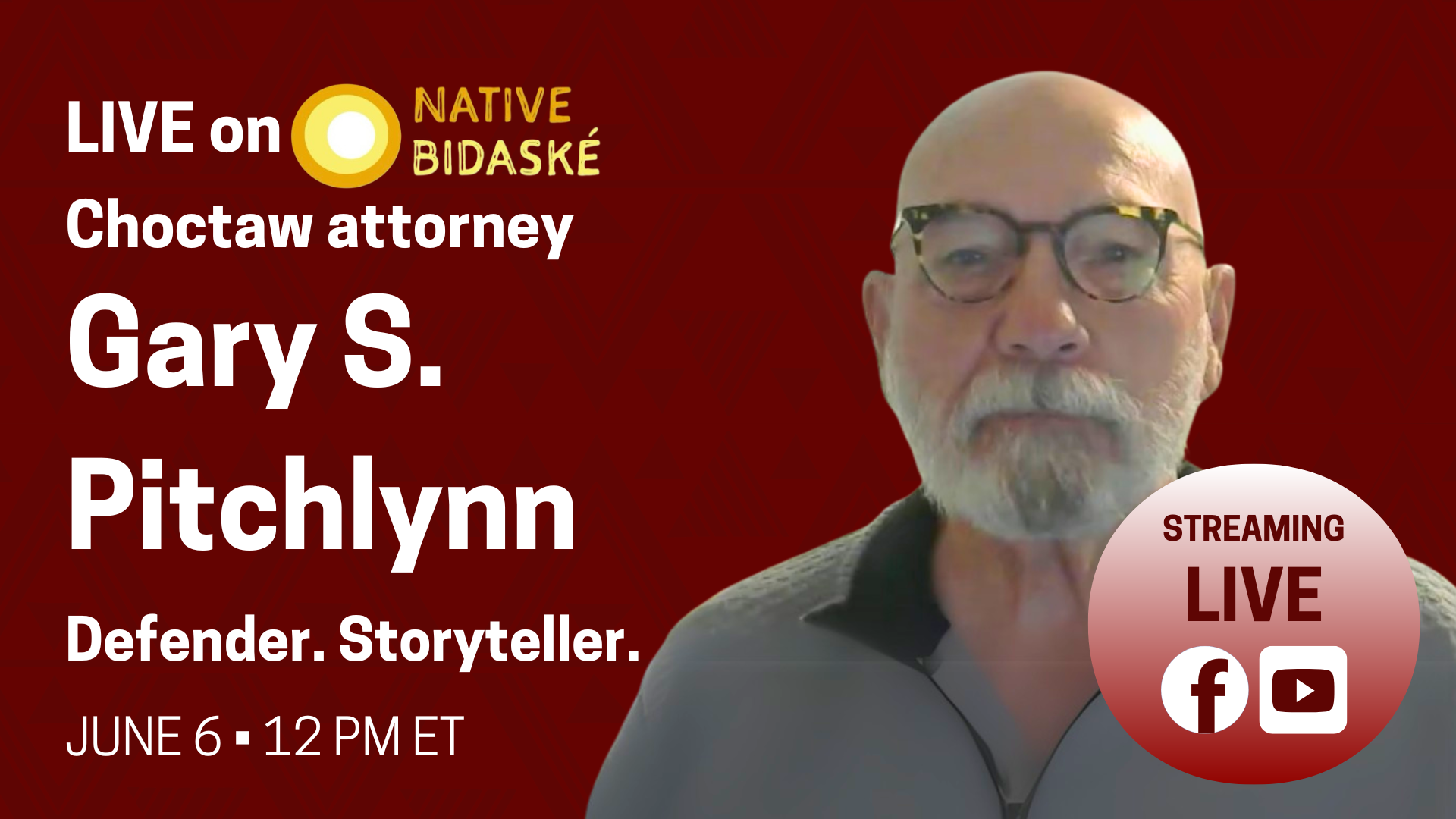
- Details
- By Native StoryLab
The Girl Scout Murders have garnered national attention through features on true crime documentaries. The case remains especially compelling, as it remains unsolved nearly 50 years later.
Join host Levi Rickert for an episode of Native Bidaské, featuring Gary Pitchlynn, the Choctaw attorney who defended Gene Leroy Hart in one of Oklahoma's most notorious criminal cases.
In this interview, Pitchlynn reveals the shocking details behind the 1977 Girl Scout murders, sharing how he and his partner, Garvin Isaacs, successfully defended Hart against what they believed was a deeply flawed prosecution. The episode explores the complex intersection of Native American justice, evidence manipulation, and the power of legal advocacy.
Pitchlynn's firsthand account offers unprecedented insights into a case that has captivated true crime audiences for decades. Discover the untold story of how two young lawyers fought against a system seemingly designed to convict their client, with unexpected help from Cherokee medicine men.
Don't miss this compelling narrative that challenges our understanding of justice, racial bias in law enforcement, and the resilience of Native American legal professionals.
Tune in to Native Bidaské on June 6th at 12 pm ET - an episode you won't want to miss.
Streaming on Facebook and YouTube.
Help us defend tribal sovereignty.
At Native News Online, our mission is rooted in telling the stories that strengthen sovereignty and uplift Indigenous voices — not just at year’s end, but every single day.
Because of your generosity last year, we were able to keep our reporters on the ground in tribal communities, at national gatherings and in the halls of Congress — covering the issues that matter most to Indian Country: sovereignty, culture, education, health and economic opportunity.
That support sustained us through a tough year in 2025. Now, as we look to the year ahead, we need your help right now to ensure warrior journalism remains strong — reporting that defends tribal sovereignty, amplifies Native truth, and holds power accountable.
 The stakes couldn't be higher. Your support keeps Native voices heard, Native stories told and Native sovereignty defended.
The stakes couldn't be higher. Your support keeps Native voices heard, Native stories told and Native sovereignty defended.
Stand with Warrior Journalism today.
Levi Rickert (Potawatomi), Editor & Publisher
